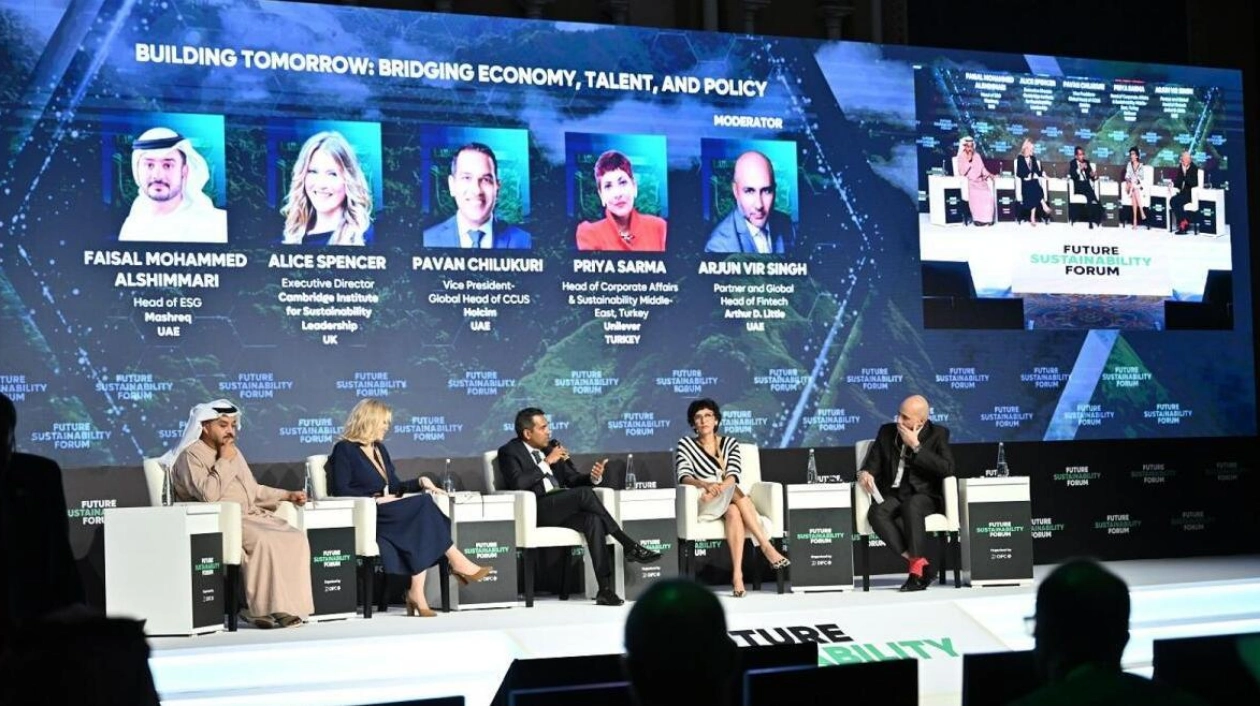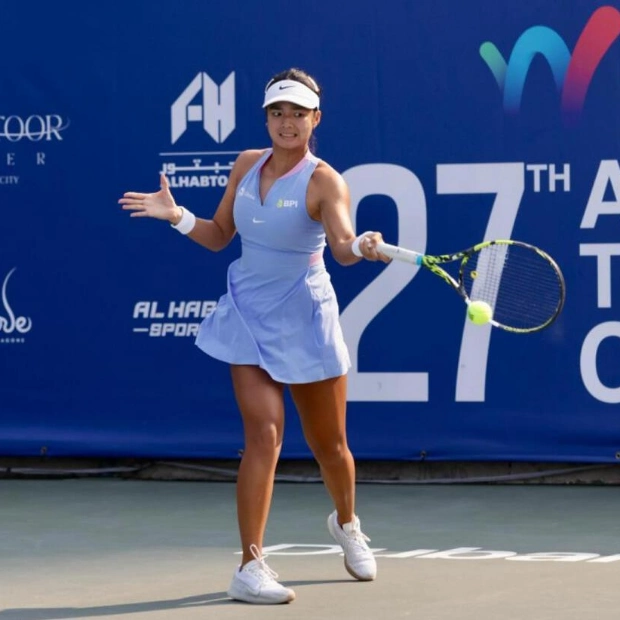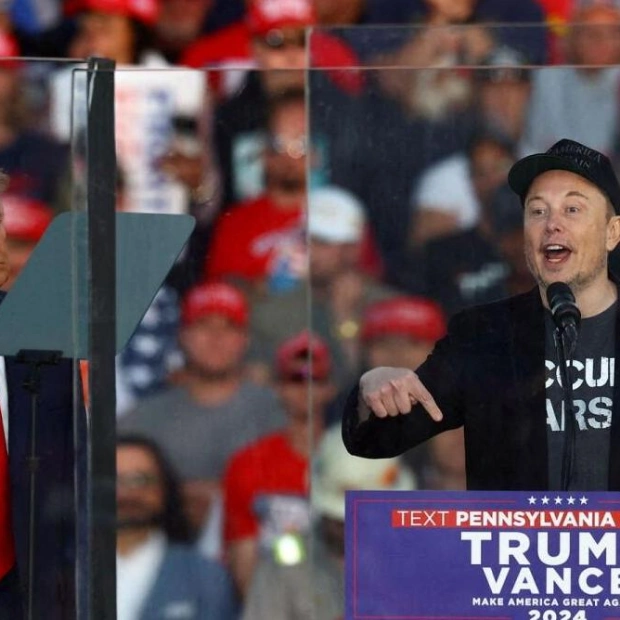Dubai International Financial Centre (DIFC), the premier global financial hub in the Middle East, Africa, and South Asia (MEASA) region, recently announced its Decarbonisation Strategy. This initiative is set to play a crucial role in supporting the UAE's Net Zero 2050 strategic goal by aiming to achieve Net Zero targets by 2045. The strategy, unveiled at the 2nd edition of the Future Sustainability Forum, focuses on reducing emissions in areas directly controlled by DIFC, including operations, construction activities, and supply chain management, thereby setting a benchmark for financial centres worldwide. DIFC's approach to achieving real Net Zero excludes the use of carbon offsets or trading.
The event also marked the launch of DIFC's first Sustainability Progress Report, titled 'Building a Sustainable Future: DIFC’s Path to Impact', which outlines the centre's achievements and future sustainability roadmap. Additionally, the Forum hosted the Climate Tech World Cup, a global call to action for entrepreneurs, innovators, and visionaries to present their solutions to current environmental challenges. Finalists included Acklo, Baynunah Watergeneration Technologies, Green Worms, Mahawa, The Surpluss, Sirius Energy, and Zeroe.
The announcements come in the wake of COP29, which is the midpoint of the 'COP Presidencies Troika', a collaborative effort between the UAE and Brazil aimed at accelerating progress towards the 1.5°C goal. Essa Kazim, Governor of DIFC, emphasized the importance of setting new standards for environmental leadership, positioning Dubai as the leading sustainable financial city in the region. DIFC aims to achieve Net Zero by 2045, five years ahead of the UAE's targets.
Recent data from Bloomberg’s Capital Markets League Tables indicates that green, social, sustainable, and sustainability-linked bond (GSSB) issuances in the Middle East and North Africa (Mena) region reached a record $24 billion in 2023, driven by the UAE and Saudi Arabia. The UAE leads regional green bond issuance, with a recent total of USD 10.7 billion, representing a nearly 170% increase and capturing approximately 45% of regional totals.
As a global leader in climate action, the UAE is enhancing its role in mobilising climate finance through various initiatives. These efforts support the global climate agenda, promote international cooperation in environmental sustainability, and facilitate the green transition. DIFC is further solidifying its position as a regional and global hub for sustainable finance, innovation, and leadership, building on the momentum initiated during COP28 and reinforced through COP29.
Launched during COP28, the DIFC Sustainable Finance Catalyst is a key initiative aimed at supporting start-ups and innovation in the sustainable economy. This initiative aims to scale sustainable financial flows from Dubai to $100 billion by 2030, facilitated by the first AI-driven sustainability knowledge hub.
Source link: https://www.khaleejtimes.com






